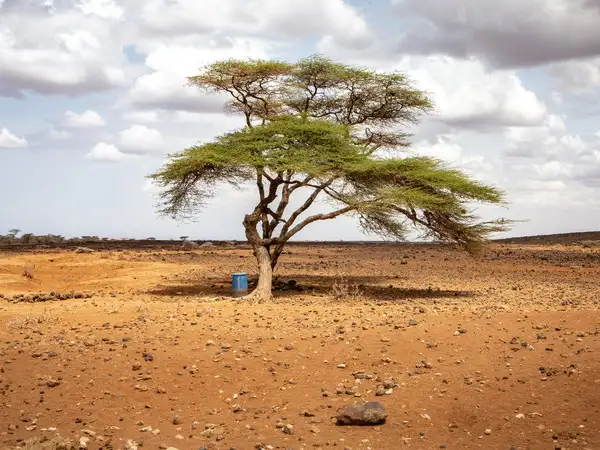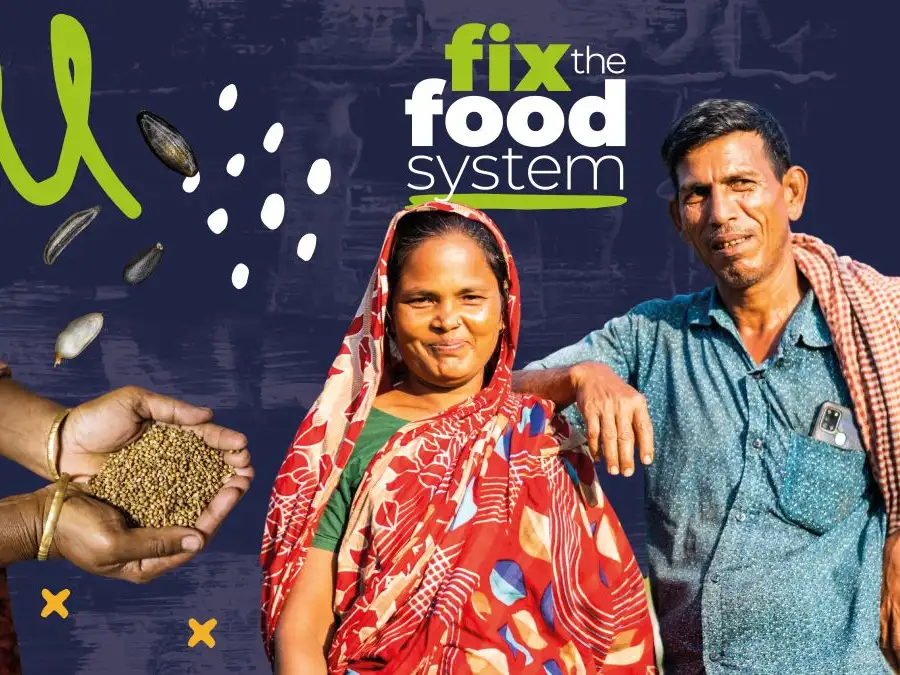

The impact of drought is felt most keenly by those who are most vulnerable.
by Helen Moseley - CAFOD's Campaigns Engagement Manager
There are 20 million people in East Africa facing an acute food shortage. The region’s worst drought in four decades has led to four failed harvests and the death of millions of livestock. Climate change means that it’s far harder to grow food and keep cattle alive. Families have lost their ability to cope.
East Africa has been hit by multiple shocks in recent years – droughts, floods, locusts and now the conflict in Ukraine severely affecting grain supplies, the availability of fertiliser and therefore causing food prices to soar all over the world.
This situation has not happened by chance. Governments could have helped vulnerable communities cope with changing weather patterns. UK aid to the region has almost halved in the past year due to the cuts in the international aid budget.
But the crisis in East Africa is also happening in the context of a global food system that was already broken.
Over the past decades, priority has been given all over the world to growing a small number of staple crops for export. This means that, often, the agricultural land of low-income countries is used for growing crops that are profitable on the global market, rather than nutritious and varied food for the local population.
This means that when these shocks happen, such as drought, conflict or global price hikes, the supply of food to vulnerable communities is easily disrupted. Communities are reliant on food from too few sources.
This model of food production, with a small number of crops prioritised for maximum yields, is also exacerbating the climate crisis: the way we grow, produce and transport food is responsible for around a third of all global greenhouse gas emissions. So the way we produce food contributes to climate change, whilst climate change makes it harder to grow food.
Take action on our broken global food system
It doesn’t have to be this way
We could tackle climate change, and help communities adapt to growing food in rising temperatures.
We could prioritise investment in local food systems, which means that small-scale farmers would get far more support to grow crops that are suitable for their communities’ nutritional needs. With enough land, and access to their own choice of seeds, for a start, farmers could choose to grow a variety of crops that are better suited for their local culture and situation, rather than vast areas of monocrops destined for other countries.
Growing a variety of crops isn’t just better for nutritional reasons. It means communities are less reliant on one single crop if it fails. And if they can sell food locally, they are better protected against shocks on the global market.
This is a transition that is possible to make, gradually, with the right political will and decisions.
We need immediate steps to be taken to help those in dire need
As well as a swift humanitarian response, and the stabilising of food prices, to prevent crises like the one happening in East Africa from recurring over and over we need urgent action on the climate crisis. We need to stand in solidarity with local communities by supporting investment in local agriculture that enables them to develop resilience for the future.
Our government promised to do some of this at the COP26 talks in Glasgow last year. Please join with us and ask Foreign Minister Liz Truss to implement their COP26 commitments, and back agricultural systems that tackle the climate crisis and put local communities first.

Fix the Food System
Our global food system is broken. Over 800 million people go hungry, and the way we produce much of our food harms our planet.
Seeds are at the very heart of the food system. They are part of nature and given by God for the benefit of all, but increasingly farmers’ rights to choose their own seeds are under threat.

